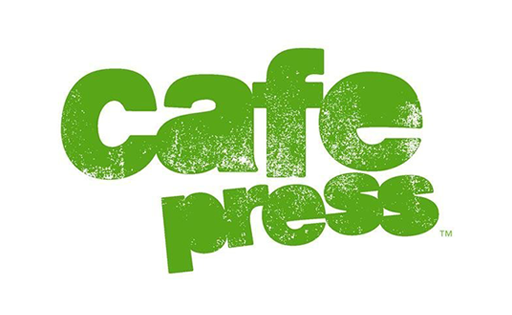The 1970s was a decade of cultural awakening and expression, and nowhere was this more evident than in the Mardi Gras celebrations that took place throughout the United States.
From New Orleans to Mobile to Galveston, people of all walks of life came together to revel in the joy and exuberance of this festive season.
At the heart of the Mardi Gras festivities were the parades, which featured elaborate floats, colorful costumes, and lively music. Each parade was a reflection of the unique culture and traditions of the city in which it was held, and people from all backgrounds and walks of life came out to celebrate.
Despite their differences, however, everyone who participated in Mardi Gras had one thing in common: a shared sense of camaraderie and community. Whether they were young or old, rich or poor, black or white, they joined hands and hearts of gold to celebrate the joy and wonder of this special season.
For many, Mardi Gras was a time to let loose and forget their troubles. But it was also a time to come together and support one another. From the krewes who worked tirelessly to create the floats and costumes, to the police officers who ensured everyone's safety, to the volunteers who served food and drinks, everyone played a part in making Mardi Gras a success.
Looking back on the Mardi Gras celebrations of the 1970s, it's clear that they were more than just a party or a parade. They were a celebration of the human spirit, of the joy and diversity of life, and of the power of community to bring people together. And that's a lesson that we can all still learn from today.
As the 1970s progressed, Mardi Gras became an increasingly popular cultural phenomenon that extended beyond its traditional roots in the Gulf Coast region.
In cities like San Francisco and New York, people began to organize their own Mardi Gras celebrations, incorporating elements of the festival's rich history and cultural significance.
Despite the increasing popularity of Mardi Gras, however, the festival remained a celebration that embraced all people, regardless of race, gender, or socioeconomic status. This was particularly evident in the way that Mardi Gras krewes welcomed people from all walks of life into their fold, working together to create floats and costumes that were both creative and inclusive.
Whether they were marching in a parade, throwing beads to revelers, or simply enjoying the festivities, people of all backgrounds came together during Mardi Gras to celebrate the diversity and resilience of the human spirit. It was a time when people could let their hair down and enjoy themselves, while also coming together to support and uplift one another.
Looking back on the 1970s Mardi Gras celebrations, it's clear that they were a reflection of a cultural moment that was defined by a sense of unity and solidarity.
Despite the challenges and divisions that existed in American society during that time, people of all walks of life were able to put their differences aside and come together to celebrate the joy and magic of life. And that's a legacy that continues to inspire us today.
























